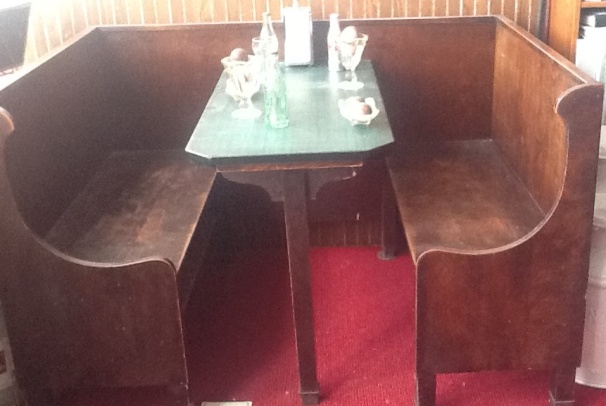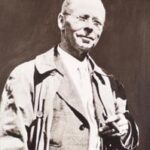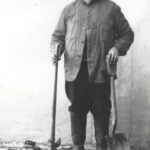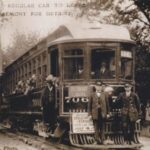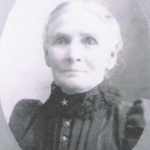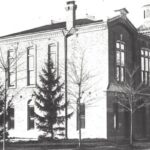On June 12, 1883, Henry Dexter Bowman and brother-in-law, Charles R. Ferguson, purchased the F. E. Fatin and Son business – drugs, medicines, books, and stationery. In May 1888 they purchased a liquor bond at a cost of $3,000. This allowed them to sell liquor for other than medicinal purposes. They had three barrels of liquor in the store’s basement – whisky, scotch, and rum. Bottled liquor was not available at this time. Customers would bring in their bottle and have it filled or the store would sell them a bottle and then fill it.
Henry’s son, Harry joined the business in 1909 and bought out his uncle. The business’ name was changed to H. D. Bowman and Son.
The 18th Amendment to the U. S. Constitution was ratified on January 16, 1919 and went into effect with the passage of the Volsted Act on January 17, 1920. The sale of liquor was prohibited.
Henry Bowman died on January 4, 1926 and Harry took over ownership and management of the business. One of his first major changes to the store was to install a soda fountain on the north side of the store. The soda fountain offset the loss of income from prohibition. The store quickly became a gathering place for the teenagers of Almont.
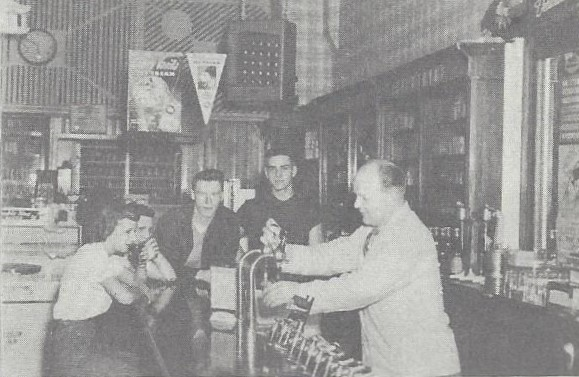
Harry first installed a few small round soda tables and curved back metal chairs. However, the students who frequented the store rearranged the tables and chairs which required time after closing to get the store ready for the next day.
Harry replaced the small tables with booths. One of the booths is on display at the museum. The soda fountain remained a fixture in the drug store until the mid-1950s when Nott’s Dairy Bar opened in the building located on the lot just south of the museum.
